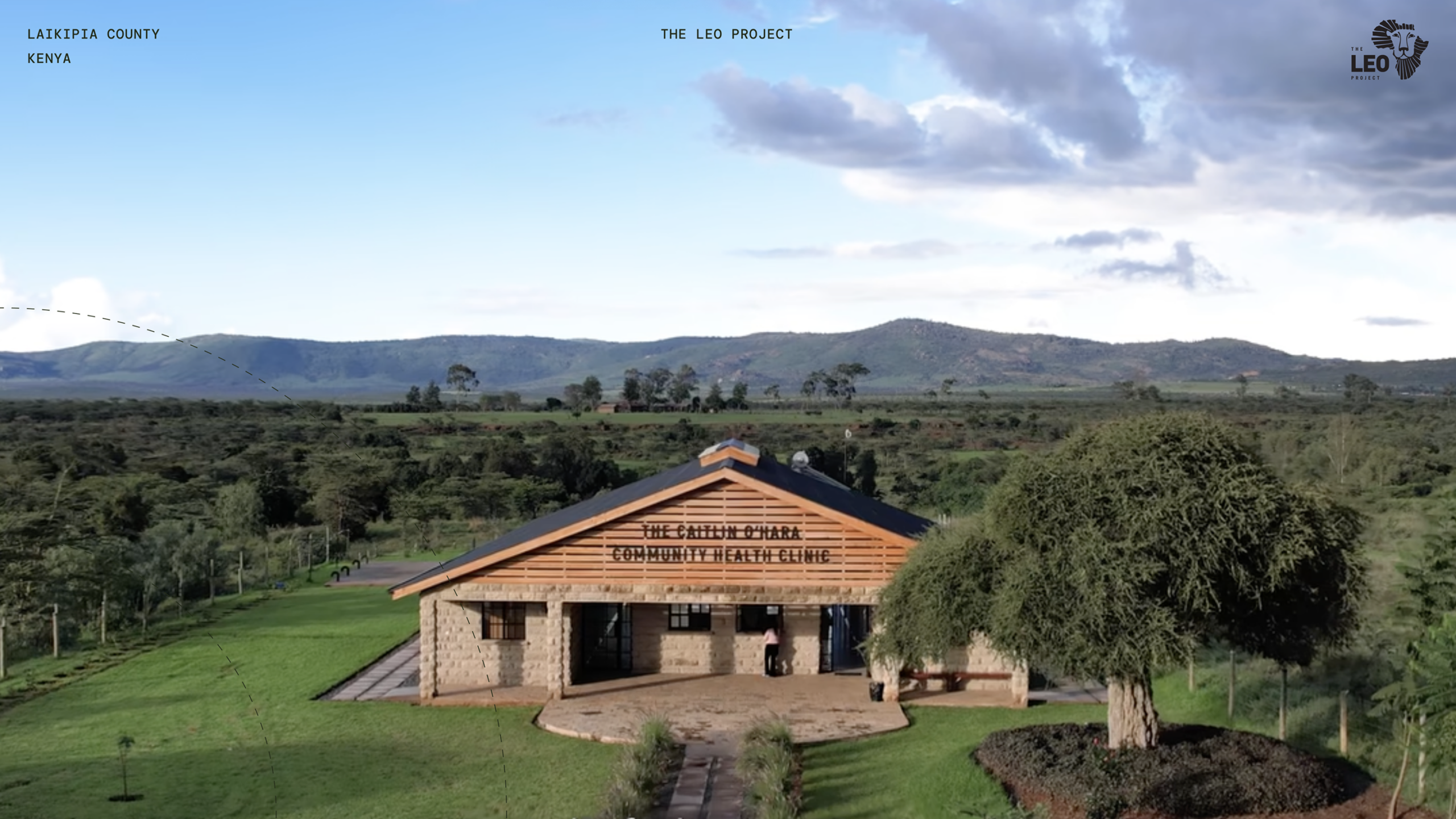Linear urban forest’ project aims to mitigate heat, improve health in cities
June 28, 2024 – In mid-May, a group of Springfield, Mass. residents gathered in a downtown meeting room to view, on a big screen, computer-generated visualizations of what streets in the Upper Hill neighborhood would look like with a lot more trees and vegetation—and what the potential health benefits would be.
The presentation—a “design charette” to share work and gather feedback—was given by Harvard T.H. Chan School of Public Health’s Linda Powers Tomasso, who is leading the School’s involvement with a project based at the Harvard Graduate School of Design (GSD) called the Linear Urban Forest (LUF). The project aims to help Springfield—and, eventually, other older cities across the U.S—minimize the “urban heat island” effect. Urban heat islands are city areas with lots of concrete and asphalt that absorb high levels of solar radiation and have few trees to provide shade, resulting in temperatures that can be 10-12 degrees higher than areas with more vegetation. Read more about it.


